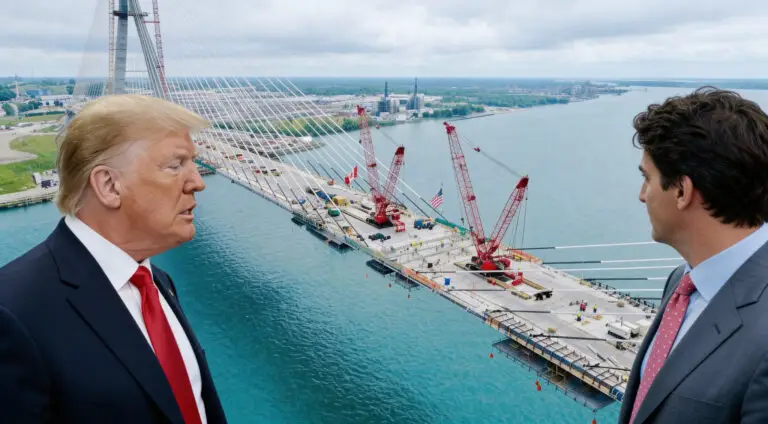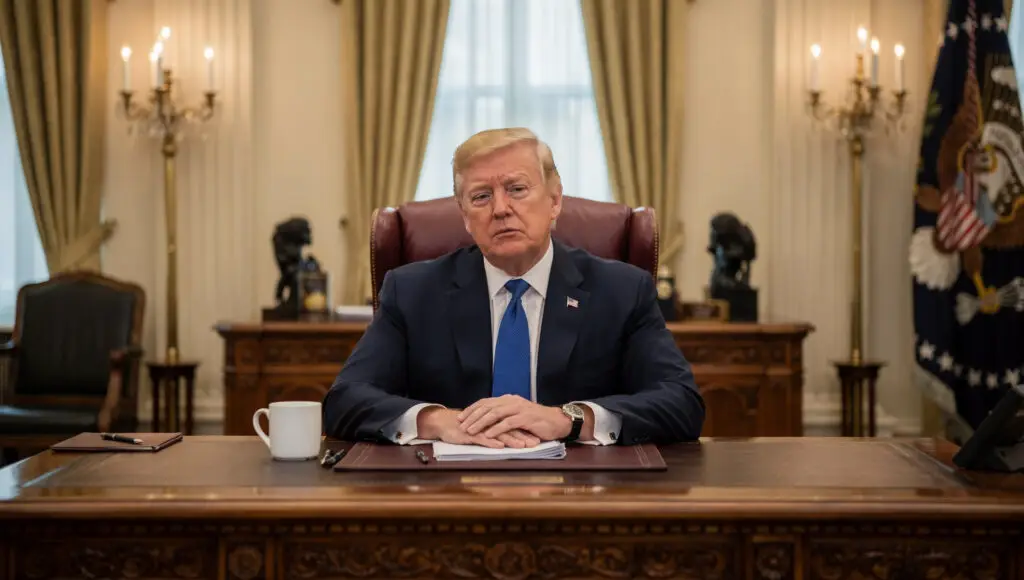A New Period of Political Instability
France is bracing for another period of political instability as its minority government, led by Prime Minister François Bayrou, appears almost certain to be toppled in a vote of confidence. Bayrou, a close ally of President Emmanuel Macron, made the surprise decision to call the vote, a move he described by saying he would “fight like a dog” to stay in power.
However, his gamble is widely expected to fail. Opposition parties from both the far right and the left have already signaled their intent to vote him out, expressing a desire to change not just the government’s policies but the leadership itself. This comes less than a year after the previous government of Michel Barnier was also brought down by budget disagreements, highlighting a recurring pattern of political deadlock and instability in the country.
The Unpopular Austerity Budget at the Heart of the Crisis
At the core of this political turmoil is Prime Minister Bayrou’s highly unpopular and vaguely defined plan for a €44 billion budget squeeze and austerity program. The plan aims to reduce France’s public debt, but its proposals have been met with widespread public and political criticism. Key measures within the budget include scrapping two public holidays, freezing welfare spending, and adjusting tax brackets in a way that is widely seen as disproportionately affecting the poor and pensioners while having less impact on the country’s wealthiest individuals.
This perceived unfairness has fueled public anger, with polls showing that 80% of French people do not trust Bayrou, making him the least popular prime minister since the start of the Fifth Republic in 1958.
The Deep Political Divisions and Market Fallout
The political divisions are stark. The head of the Socialist parliamentary group, Boris Vallaud, has stated that a change in politics requires a change in prime minister. The far-right National Rally party, led by Marine Le Pen, is keen to see the government fall and has called for President Macron to dissolve parliament and hold a snap election. Macron, who has previously resisted this idea, now faces the possibility that it may be the only way forward.
The uncertainty has already had a significant impact on the financial markets. On Tuesday, the Paris stock market tumbled, shares in French banks sank, and the country’s borrowing costs rose as investors grew increasingly concerned about the political instability and its potential impact on the economy.
Read More: Kilmar Abrego Garcia Deportation Update: New Plans Emerge
The President’s Predicament and Future Scenarios
If Bayrou is ousted, President Macron will be thrust into a domestic crisis at a time when he is focused on a significant international role, particularly concerning Ukraine and the recognition of a Palestinian state. Under the French political system, the president appoints the prime minister to run domestic affairs. Macron could swiftly appoint a new head of government, but this new leader would also face the same challenge of getting a budget passed.
A source close to Marine Le Pen has suggested that it would be difficult for any new prime minister to avoid a vote of no confidence given the current political climate. This stalemate has led to speculation about a snap election, an option the justice minister, Gérald Darmanin, has said cannot be ruled out, despite Macron’s previous reluctance.
A Divided Parliament and the Threat of Social Unrest
The root of the ongoing political gridlock can be traced back to the inconclusive snap election Macron called last June. The result was a divided parliament with no absolute majority. A left-wing alliance secured the largest number of seats, but not enough for a majority. Macron’s centrist grouping lost ground, and the far-right National Rally gained seats. This fragmentation makes it nearly impossible for any single party to govern effectively.
The political crisis is not confined to parliament; it is also manifesting in the streets. A planned protest movement against the budget cuts has been gathering momentum on social media, and trade unions are expected to begin strikes and demonstrations on September 10, regardless of the confidence vote’s outcome. This social unrest adds another layer of pressure to an already volatile situation.
A Call for Responsibility Amidst the Chaos
In a last-ditch effort to sway public opinion and appeal to the opposition, Prime Minister Bayrou has urged French politicians to consider the vote carefully, framing it as a choice between “chaos or responsibility.” He emphasized the “national emergency” to rebalance the country’s accounts and reduce its debt. In what was seen as an appeal to the left, he expressed a willingness to demand a “specific effort” from high-wealth individuals, a change from his original proposals that were criticized for being too lenient on the rich.
This plea, however, is likely too little, too late, as both sides appear determined to force a change in leadership. The upcoming vote on September 8 will be a defining moment that will determine the immediate future of France’s domestic policy and political landscape.
France’s Political Future Hangs in the Balance
France is on the verge of a significant political crisis as Prime Minister François Bayrou faces a no-confidence vote that he is widely expected to lose. The crisis is fueled by an unpopular austerity budget and deep political divisions within a fragmented parliament. The turmoil has already rattled financial markets and has the potential to trigger social unrest.
President Macron is now faced with a difficult choice that could lead to a snap election, further deepening the political uncertainty. The outcome of the vote will not only decide Bayrou’s fate but will also set the tone for France’s domestic agenda and its ability to govern in the face of ongoing challenges.















